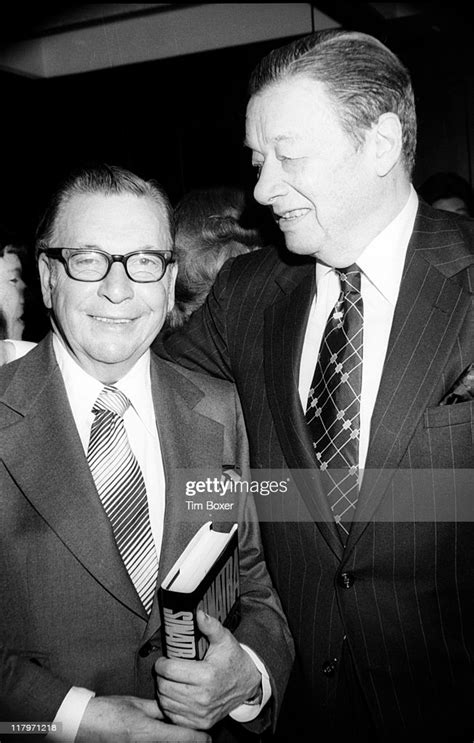A Quote by Roger Williams
But who is to decide who truly fears the Lord? The magistrate has no power to enforce religious demands. The laws of the First Table of the Ten Commandments are not regulations for a civil society or a political order. They belong to the realm of religion, not politics.
Related Quotes
[T]here are, at bottom, basically two ways to order social affairs, Coercively, through the mechanisms of the state - what we can call political society. And voluntarily, through the private interaction of individuals and associations - what we can call civil society. ... In a civil society, you make the decision. In a political society, someone else does. ... Civil society is based on reason, eloquence, and persuasion, which is to say voluntarism. Political society, on the other hand, is based on force.
Political organizations have slowly substituted themselves for the Churches as the places of believing practices, but for this very reason, they seem to have been haunted by the return of a very ancient (preChristian) and very “pagan” alliance between power and religion. It is as though now that religion has ceased to be an autonomous power (the “power of religion,” people used to say), politics has once again become religious.
We have power... Our power isn’t in a political system, or a religious system, or in an economic system, or in a military system; these are authoritarian systems... they have power... but it’s not reality. The power of our intelligence, individually or collectively IS the power; this is the power that any industrial ruling class truly fears: clear coherent human beings.
If you look at Indian society, it's a society made up of minorities. There's nobody who's not a minority, whether it's ethnicity, caste or religion. But the whole effort now is to confect a political constituency - an ethnic or a religious constituency that can coalesce into a political majority in order to deal with this model of representative democracy. That process has been a hundred years in the making in this part of the world.
Today courts wrongly interpret separation of church and state to mean that religion has no place in the public arena, or that morality derived from religion should not be permitted to shape our laws. Somehow freedom for religious expression has become freedom from religious expression. Secularists want to empty the public square of religion and religious-based morality so they can monopolize the shared space of society with their own views. In the process they have made religious believers into second-class citizens.
Unless you have already put God first, for example, what you will have to do to be financially secure, impress other people, or fulfill your desires will invariably lead you against God's wishes. That is why the first of the Ten Commandments, “You shall have no gods who take priority over me,” is the first of the Ten Commandments.
Before any man can be considered as a member of Civil Society, he must be considered as a subject of the Governour of the Universe: And if a member of Civil Society, do it with a saving of his allegiance to the Universal Sovereign. We maintain therefore that in matters of Religion, no man's right is abridged by the institution of Civil Society and that Religion is wholly exempt from its cognizance.





































